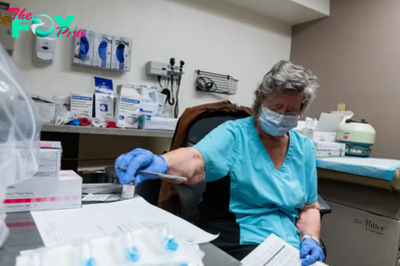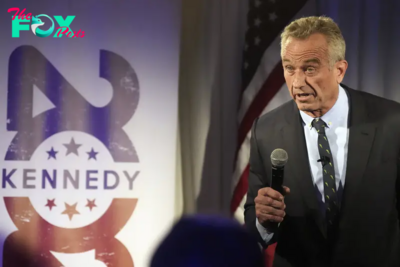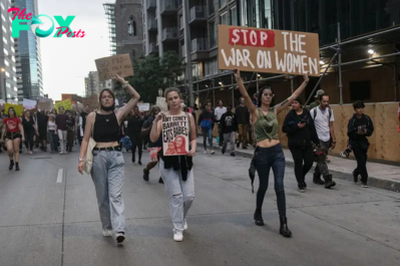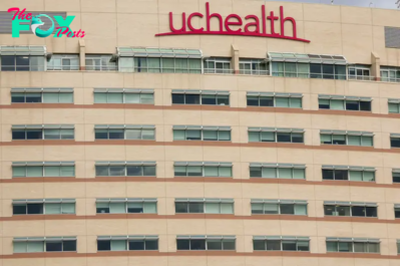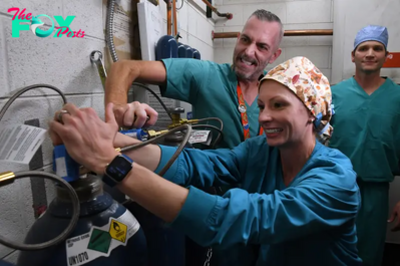Health
The lucky ones: Former world champion’s life was saved by a clinical trial. Now she wants others to get the chance.
At her sickest, maybe on a day she puked 70 times or when walking down a hospital hallway felt like the brutal training that made her a world champion triathlete, Siri Lindley visualized running up her favorite mountain trail in Lyons.
Years before she was diagnosed with a rare and especially aggressive form of leukemia, she turned to the triathlon because, after seeing one race, she determined that’s what she needed to feel alive. Lindley had spent her life surrounded by studs — she was the first three-sport varsity woman athlete at Brown University — and yet she was awed by all the body types, from the squishy to the strong, doing three sports in one race. She was 23 and could not swim, at all, but if all those people could do it, why couldn’t she?
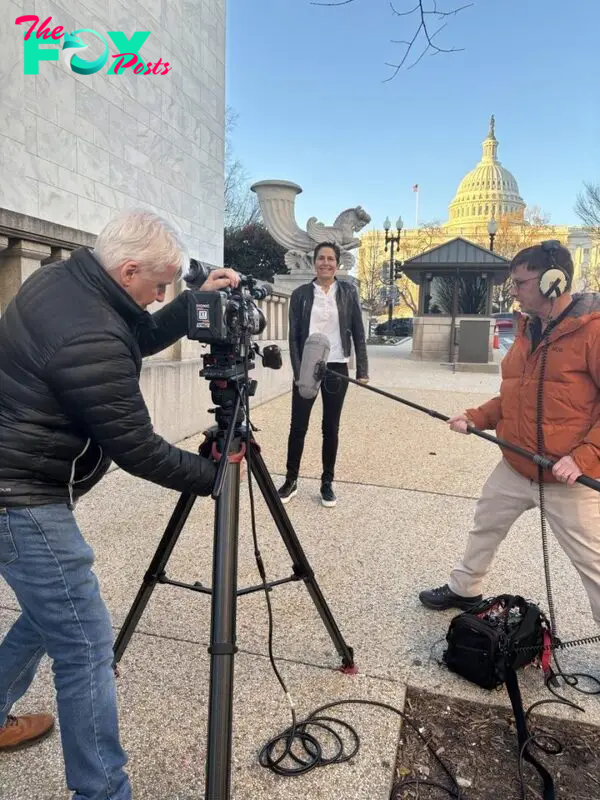
She finished dead last in her first race, and when she called her mother, crying, Mom answered Lindley’s sobs by telling her she was proud of her for trying something new and that, now, she could focus on something she was good at.
“Mom,” Lindley said, “I’m going to be the best in the world.”
Before you call that crazy — which is OK because today, 30 years later, Lindley does too — consider that sports had always been there for Lindley, and she needed them more than ever: She had come to terms with being gay, and her father, who meant as much to her as a father can, rejected the notion and, therefore, her. Sports, in this case the triathlon, was the only way she knew how to prove to herself she was worthy and that she could do great things on her own.
“I was desperate to find a love for myself and a respect for myself,” Lindley said.
The sport kept her alive through her Great Depression, she says with candor, and now she needed it again: She pictured herself running up that mountain to help her once again fight for her life.
Approaching cancer treatment like a triathlon
Cancer is never convenient, but this slap in the face sure stung. Lindley was 50, at a time when many settle into a midlife crisis, she felt settled and happy. She’d met a woman, Rebekah Keat, a professional athlete she called the love of her life. They lived near Boulder and she was coaching Olympic medal-winning triathletes and speaking for Tony Robbins, the motivational speaker who helped her through her tougher times. She had been the best in the world, as a triathlon world champion in 2001 and a hall of famer in 2014. She was finally free of her anxiety and obsessive-compulsive disorder.
Now, in 2019, doctors were telling her she had less than a 10% chance of surviving. Sure, the odds were much lower that she would become a world champion after that first swim, when she nearly drowned. But even the most resilient people don’t exactly want to hear their chances of living through a disease are slim.
But there was one doctor telling her something else. She had a real chance, thanks to a medical trial Dr. Dan Pollyea would host on the Anschutz Campus of the University of Colorado and UCHealth. Pollyea is the clinical director of UCHealth’s Blood Disorders and Cell Therapies Center and a researcher at CU. He and his colleague, Dr. John Gutman, are considered two of the best leukemia doctors in the world.
Lindley was ready to tackle the treatment the same way she’d taken on the triathlon, with a shot and a prayer and hope.
“I had worked way too hard for my life and where it is,” Lindley said. “The only outcome for me was that I was going to survive this. I needed to show up and do whatever it took.”
The day after Pollyea contacted her, she drove to Anschutz to begin treatment.
Triathlon proved she was worthy of life
Lindley remembers feeling a strange sensation in her car as she waited for her training clients to finish their races at the Ironman World Championships: She felt exhausted.
Lindley knew how to be tired. One of her coaches, Brett Sutton, made her bike 20 miles down a mountain, then swim 3 miles, then bike back up, then later, that afternoon, run the same course. But she never seemed to let herself get too tired to quit training. Triathlon was the only way she knew to prove to herself that she was worthy of love, of acceptance, and yes, of life.
Lindley played field hockey, ice hockey and Lacrosse at Brown. The time she spent on the grass and the ice helped her cope with anxiety and OCD and her attraction to women. She grew up in the ’80s, when being gay was still unacceptable to many and some people still called AIDS a gay disease, as if to say they deserved the horrible deaths so many of them suffered. When Lindley finally came out, her father, a man she worshipped, told her they would never speak again.
This is why she chose triathlon. She needed to redefine herself.
“I’d always been a team Sports person,” Lindley said. “But what I needed to know was that I would be OK on my own. I needed to feel safe in my own skin.”
So why did she feel not only tired but exhausted? She couldn’t handle the heat. Maybe she was just getting older, she thought to herself, and pointed to her upcoming hip replacement as proof.
-
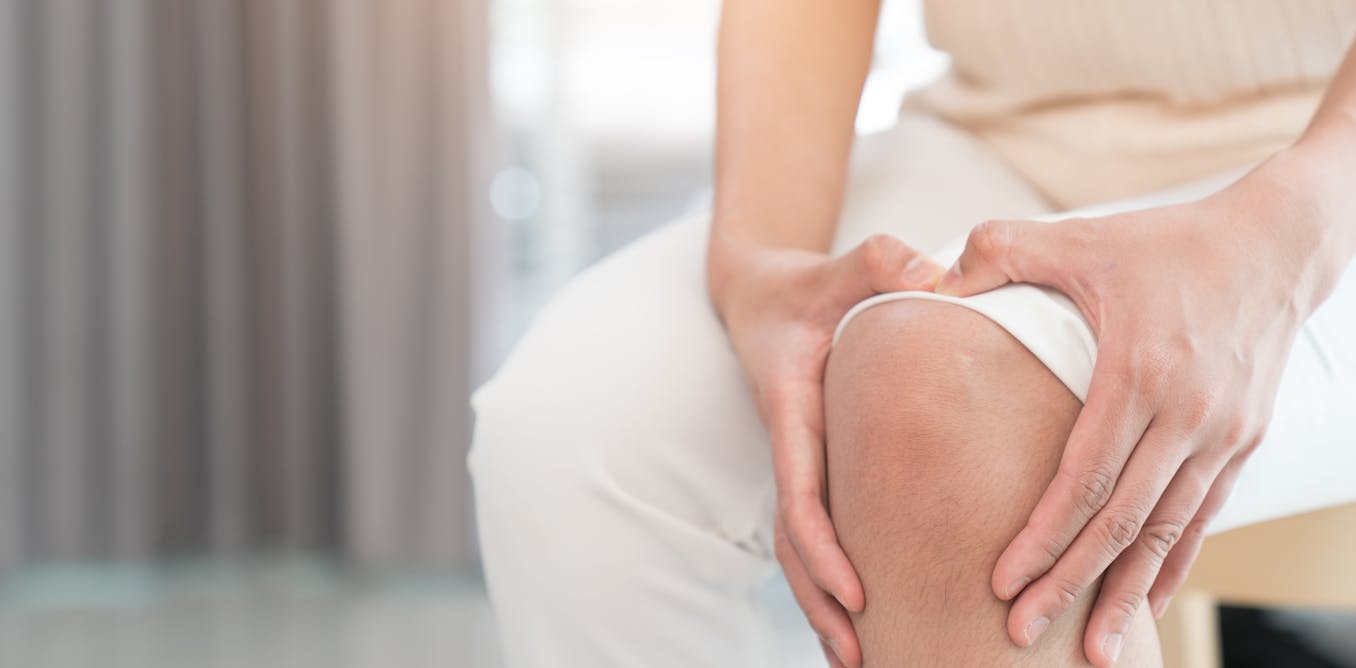
 Health2h ago
Health2h agoKnee problems tend to flare up as you age – an orthopedic specialist explains available treatment options
-
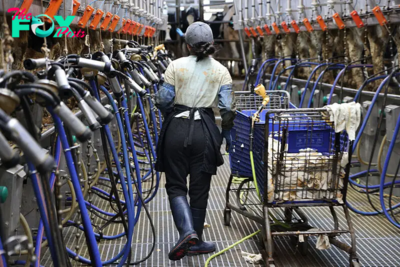
 Health17h ago
Health17h agoIs It Time to Worry About Bird Flu?
-
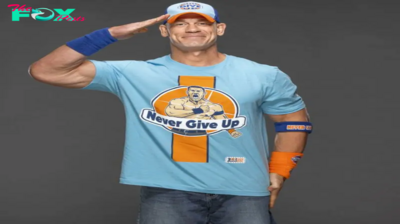
 Health21h ago
Health21h agoJohn Cena’s Workout Routine And Diet Plan: How The WWE Superstar Stays In Shape
-

 Health22h ago
Health22h agoSleep Doctors Share the 1 Tip That’s Changed Their Lives
-
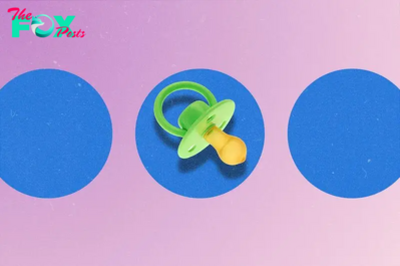
 Health1d ago
Health1d ago13 Things to Say When Someone Asks Why You Haven’t Had a Baby Yet
-
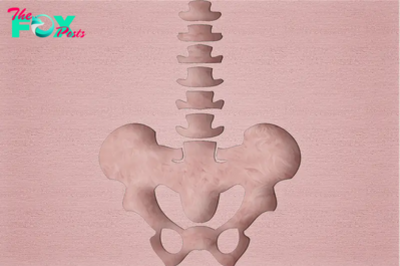
 Health1d ago
Health1d ago8 Things You Should Do for Your Bones Every Day, According to Orthopedic Doctors
-
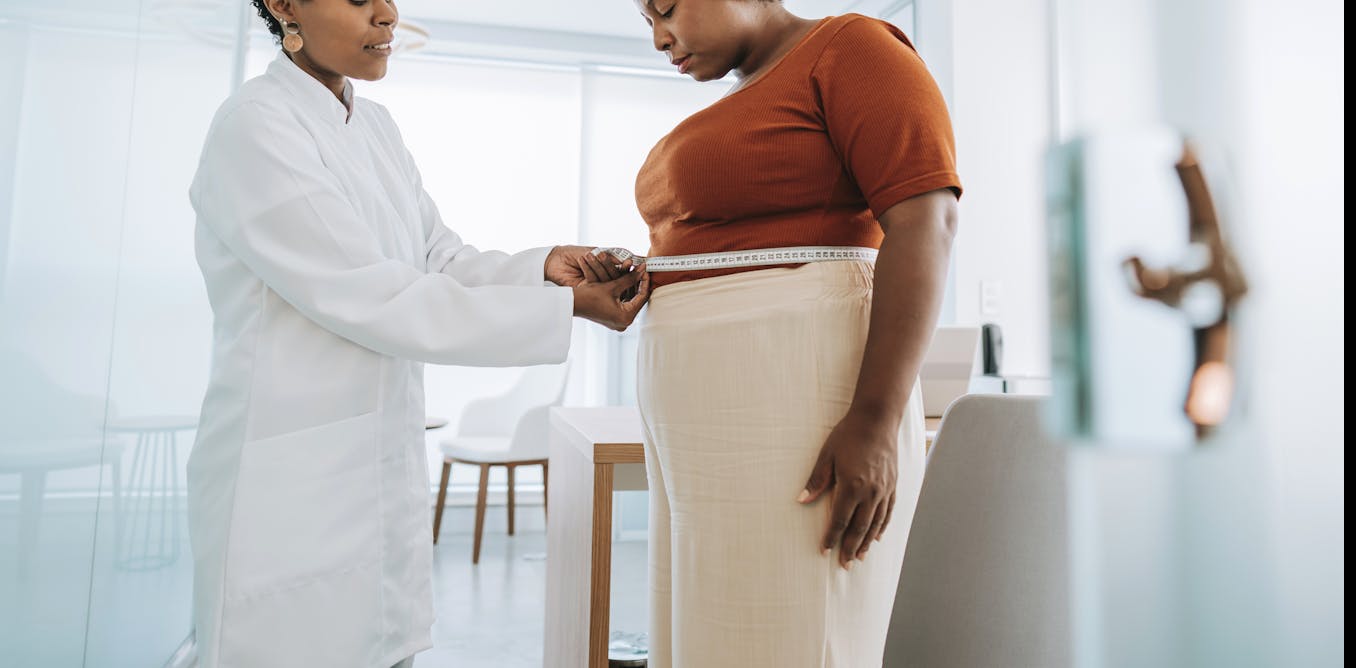
 Health1d ago
Health1d agoWeight loss plans are less effective for many Black women − because existing ones often don’t meet their unique needs
-
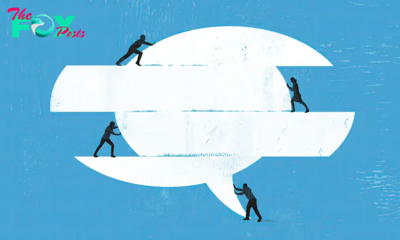
 Health2d ago
Health2d ago10 Rules for Post-Election Conversations
